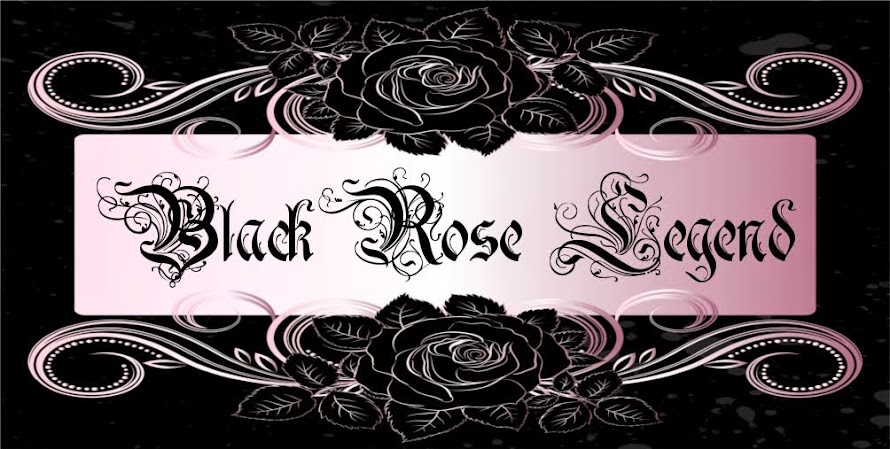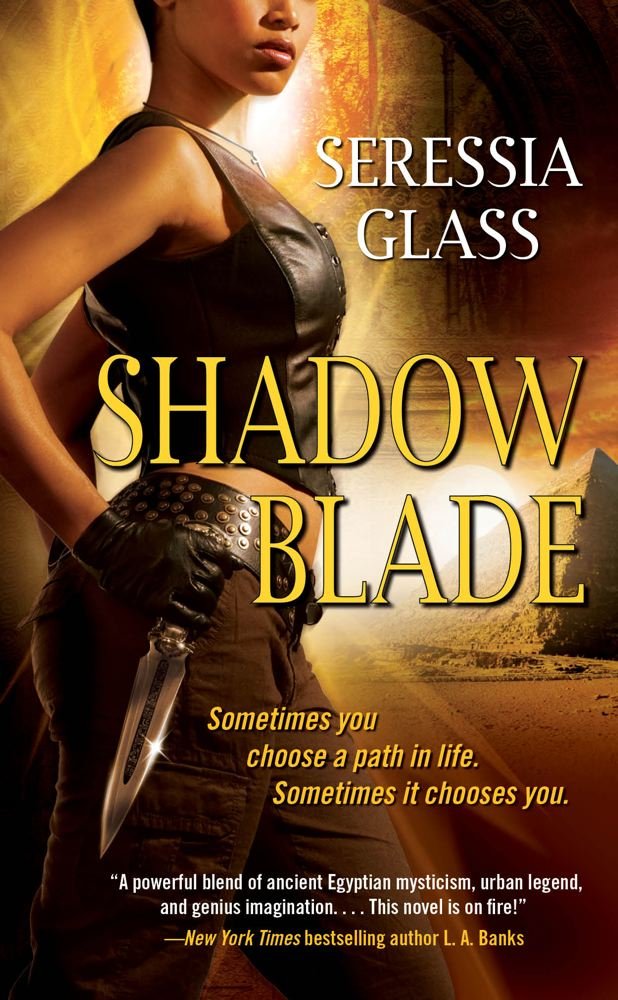Kindred by Octavia Butler
Synopsis: Dana, a modern black woman, is celebrating her twenty-sixth birthday
with her new husband when she is snatched abruptly from her home in
California and transported to the antebellum South. Rufus, the white son
of a plantation owner, is drowning, and Dana has been summoned to save
him. Dana is drawn back repeatedly through time to the slave quarters,
and each time the stay grows longer, more arduous, and more dangerous
until it is uncertain whether or not Dana's life will end, long before
it has a chance to begin.
Review 1: 5 out of 5 stars, Called "A masterpiece from one of the essential sci-fi writers"
Octavia Butler's "Kindred" is a novel which fits into many literary
niches. It could be seen as a milestone in both African-American
literature and science fiction; it's also a novel with a lot for
feminist readers and critics. But ultimately the power of this book
allows it to transcend all labels.
"Kindred"
tells the story of Dana, a 20th century African-American woman who is
married to a white man. Throughout the book Dana is mysteriously thrust
back and forth in time between her world and the world of her ancestors
in the 19th century. She seems to be tied to one ancestor in particular:
Rufus, the white son of a slaveowning family. Part of Dana's struggle
is to deal with the utterly alien world of Rufus' slaveowning culture.Butler
brilliantly weaves many powerful themes into this gripping story:
violence, sexual desire, race, literacy, language, law, and education.
The story is peopled with well-developed characters who have complex,
interconnected relationships. Butler vividly evokes how the slave system
both physically brutalized blacks and psychologically warped whites.Butler's
prose is lean and muscular. She grips you from the stark opening lines:
"I lost an arm on my last trip home. My left arm." The story is richly
ironic and heartbreaking.
Review 2: 2 out of 5 stars, Called it "Good concept, but boring."
When I first started reading this book I really liked it. I liked the
premise and how quickly the story was moving. But then it hit a brick
wall from there. I feel as if nothing happened in this book and the
story just stood still. I wanted to finish the book just to see what
would happen and I was sadly disappointed when nothing really did. The author had a good concept but fell short once it came to the telling of a good story.
Source: Amazon.com/Books































